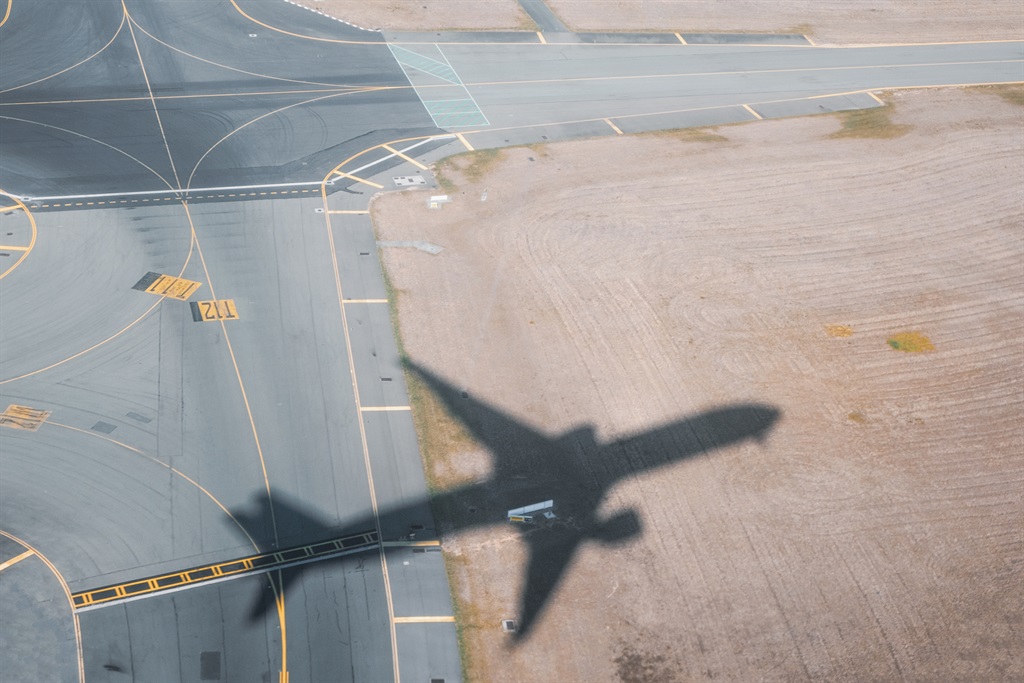
- The Johannesburg High Court will hear an application to have Comair liquidated on 14 June.
- Comair had to suspend its kulula.com and British Airways (operated by Comair) flights on 31 May due to a lack of funds.
- A legal expert explains how the process will likely unfold going forward and why there still remains a chance for Comair to be saved "by a miracle".
The business rescue practitioners (BRPs) of Comair have confirmed that their application for the company to be liquidated will be heard in the South Gauteng High Court in Johannesburg on 14 June.
Comair operated its own low-cost airline kulula.com as well as local and regional flights under a British Airways franchise agreement. It has been in business rescue for two years and its business rescue practitioners (BRPs) had to suspend flights on 31 May due to a lack of further funding to continue operations. On Thursday, they announced that they are applying for liquidation.
The nature of the liquidation process means there is still a chance that Comair can be saved.
What this means in practice
Business rescue proceedings essentially fail when the company cannot be returned to solvency or secure a better dividend for creditors than what they would receive in liquidation, explains Roxanne Webster, a director at law firm Cliffe Dekker Hofmeyr.
"In terms of the Companies Act, if at any time during the business rescue proceedings, the BRPs conclude that there is no longer any reasonable prospect of rescuing the company, he or she is obliged to inform the court and affected persons. These are creditors, employees, trade unions and shareholders. The BRPs must then apply to court to discontinue the business rescue proceedings and place the company in liquidation," explains Webster.
"This can only occur if the BRPs are of the view that, based on the circumstances and facts before them, the company can no longer be rescued and all attempts have been exhausted to ensure that the company could in fact be rescued."
READ | Receding airline: Fears over aviation 'bloodbath' as Comair heads for liquidation
When the BRPs believe that the company cannot be rescued, but fail to act in accordance with the requirements of the Companies Act, they may be held liable.
"At the same time, it is open to an affected or interested person to oppose the application but they would certainly have a tough time in setting out why they disagree that the company is not capable of being rescued and should be liquidated," says Webster. "You would need to have intimate knowledge of the current financial information of the company and possibly present a solution for its current predicament.
"In most cases such as these, the company is placed in liquidation. This is because the BRPs know the current financial position of the company and have exhausted all possible avenues in attempting to rescue it," says Webster.
"In Comair's scenario, had there been a potential funder or solution, this would have certainly materialised after the flights were suspended on 1 June 2022 and before they had to apply to court to convert the business rescue into liquidation. It is certainly not a decision taken in haste while hoping that further funding will materialise."
EXPLAINER | How Comair ended up in a battle for survival
Waiting for a miracle
What follows then is that the court will, in all likelihood, first grant a provisional liquidation order with a return date to allow interested and affected persons to show why the company should not be placed in final liquidation on that return date. Usually, the return date is four to eight weeks after the provisional order was granted, depending on the availability of the court.
"It may be during this time that 'miraculously' an investor comes on board, resulting in the delay of the final order or the discharge of that order, depending on the extent of the funding," says Webster.
If, however, the final order is granted on the return date, the company is effectively in liquidation. Liquidators will be appointed, tasked with winding up the estate. This means they must sell all assets and pay creditors.
"We must bear in mind that liquidators do not have to sell the assets on a piecemeal basis, they can sell the business as a whole, should there be interested parties. Alternatively, they can also enter into a compromise with creditors in terms of the act," says Webster.
In respect of employees, employment contracts are suspended from the date the provisional liquidation order - or final order if it is granted without a provisional order - is granted.
Get the biggest business stories emailed to you every weekday.
Go to the Fin24 front page.




 Publications
Publications
 Partners
Partners












